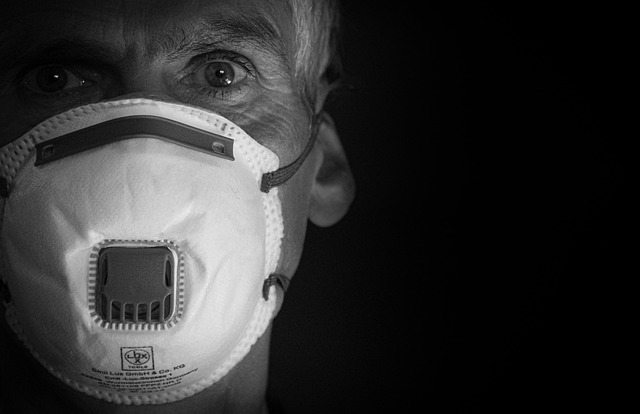Revolutionizing Health: The Latest Technological Innovations in Metabolism Data Collection with Sensors
In an age where technology continuously reshapes our understanding of health, the potential of metabolism data collection looms large on the horizon. With rapid advancements in sensor technology, we find ourselves at the forefront of a revolution that empowers individuals to take charge of their metabolic health like never before.
Technological Innovations in Metabolism Monitoring
Imagine a small, discreet device that can monitor your metabolic rates in real-time, providing insights that were once reserved for laboratory tests. This is no longer a distant dream; recent innovations have made it possible through sophisticated sensors capable of monitoring various physiological signals. Wearable technology is at the heart of this transformation, with devices that can track your heart rate, temperature, and even levels of hydration, all essential components that influence metabolism.
These wearables utilize advanced algorithms to analyze data, providing you with actionable insights. For instance, by simply understanding how your body reacts to certain foods or exercises, you can adjust your lifestyle choices for better health outcomes. The ability to receive immediate feedback means that you can make informed decisions, whether it’s tweaking your dietary habits or modifying your workout routine.
Health Innovations Shaping Our Understanding of Metabolism
Beyond wearables, the explosion of smartphone apps designed for metabolism data collection is changing how we view health. These applications serve as personal health coaches, offering personalized dietary plans based on real-time data from sensors. They analyze trends and patterns, helping users understand their caloric intake versus energy expenditure. The convenience of having this information at your fingertips helps demystify metabolism, making it tangible and understandable.
Moreover, researchers are developing innovative sensor technology that goes beyond traditional methods. For example, non-invasive sensors are being designed to analyze sweat or breath, offering a glimpse into how your metabolism works without the need for blood tests. This non-invasive approach not only increases accessibility but also encourages a more holistic view of health, allowing individuals to regularly monitor their metabolic status.
Bridging the Gap Between Technology and Personal Health
The future of metabolism data collection through advanced sensors is not just about gathering data—it’s about fostering a deeper connection between individuals and their health. In a world overloaded with health information, these technologies provide clarity by turning complex data into understandable insights. They empower users, putting the control back into their hands and guiding them towards healthier lifestyle choices.
As we continue to explore these technological and health innovations, it is essential to recognize that this revolution is more than just data collection; it’s about empowering individuals to understand and optimize their own metabolic health. With sensors leading the way, the potential for a healthier future is truly within reach.




